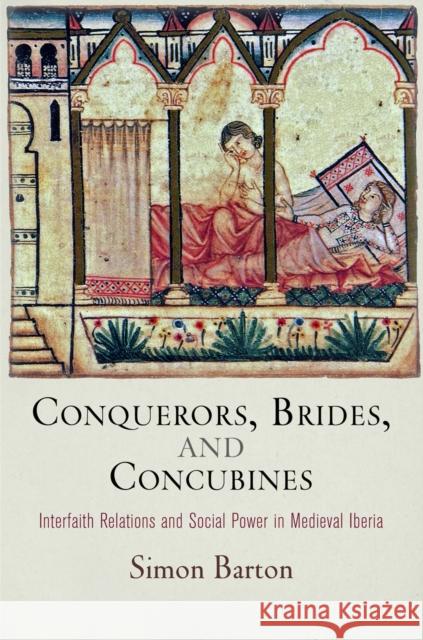Conquerors, Brides, and Concubines: Interfaith Relations and Social Power in Medieval Iberia » książka
Conquerors, Brides, and Concubines: Interfaith Relations and Social Power in Medieval Iberia
ISBN-13: 9780812246759 / Angielski / Twarda / 2015 / 280 str.
Conquerors, Brides, and Concubines investigates the political and cultural significance of marriages and other sexual encounters between Christians and Muslims in the Iberian Peninsula, from the Islamic conquest in the early eighth century to the end of Muslim rule in 1492. Interfaith liaisons carried powerful resonances, as such unions could function as a tool of diplomacy, the catalyst for conversion, or potent psychological propaganda. Examining a wide range of source material including legal documents, historical narratives, polemical and hagiographic works, poetry, music, and visual art, Simon Barton presents a nuanced reading of the ways interfaith couplings were perceived, tolerated, or feared, depending upon the precise political and social contexts in which they occurred.Religious boundaries in the Peninsula were complex and actively policed, often shaped by an overriding fear of excessive social interaction or assimilation of the three faiths that coexisted within the region. Barton traces the protective cultural, legal, and mental boundaries that the rival faiths of Iberia erected, and the processes by which women, as legitimate wives or slave concubines, physically traversed those borders. Through a close examination of the realities and the imagination of interfaith relations, Conquerors, Brides, and Concubines highlights the extent to which sex, power, and identity were closely bound up with one another.











